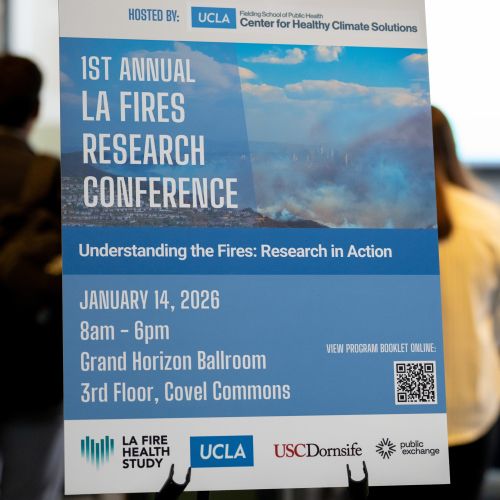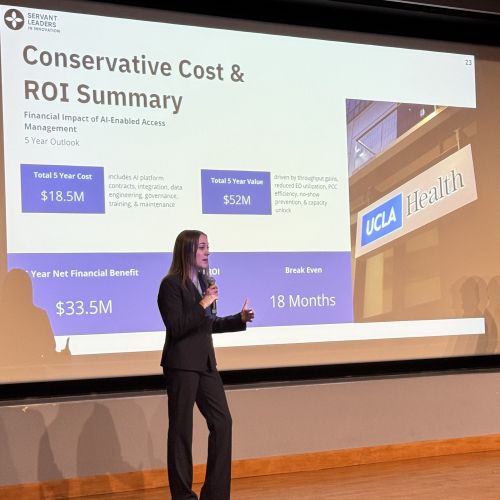Self-employed women may be at significantly lower heart attack risk compared with women employed for salary or wages
Dr. José J. Escarce, professor in the UCLA Fielding School's Department of Health Policy and Management, co-authored the research.

Dr. José J. Escarce, professor in the UCLA Fielding School's Department of Health Policy and Management, is a co-author of new research that found self-employed women have fewer risk factors for cardiovascular disease (CVD) compared to non-self-employed women, suggesting that the work environment may play a role in the development of risk factors that can lead to heart attacks.
Escarce, who also serves as a professor of medicine in the David Geffen School of Medicine at UCLA (DGSOM), worked with lead author Dr. Kimberly Narain, assistant professor-in-residence of medicine in the division of general internal medicine and health services research at DGSOM. The research was published May 30 in the peer-reviewed journal BMC Public Health.
While the findings also showed some positive associations between health outcomes and self-employment among white men, the researchers found women had the most favorable CVD risk profile associated with being self-employed, possibly because they are more likely than men to experience stress and time demands related to balancing responsibilities across work and home.
Self-employed men of color, by contrast, did not experience the same health benefits.
Read the UCLA Health release.

